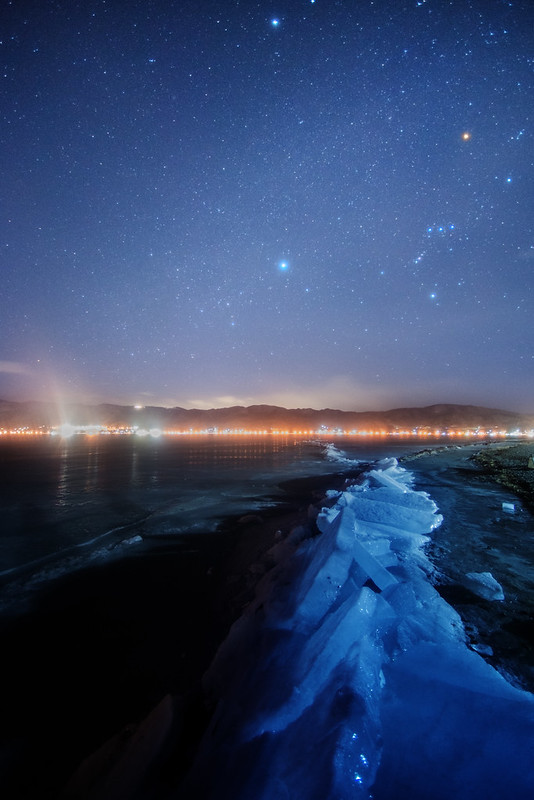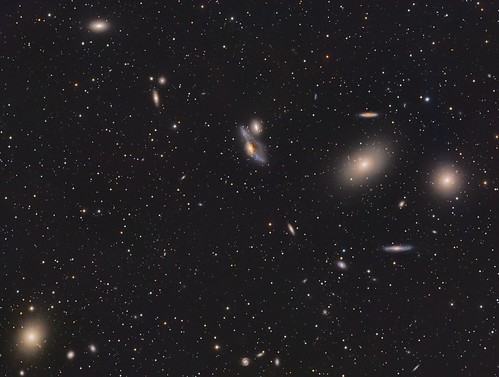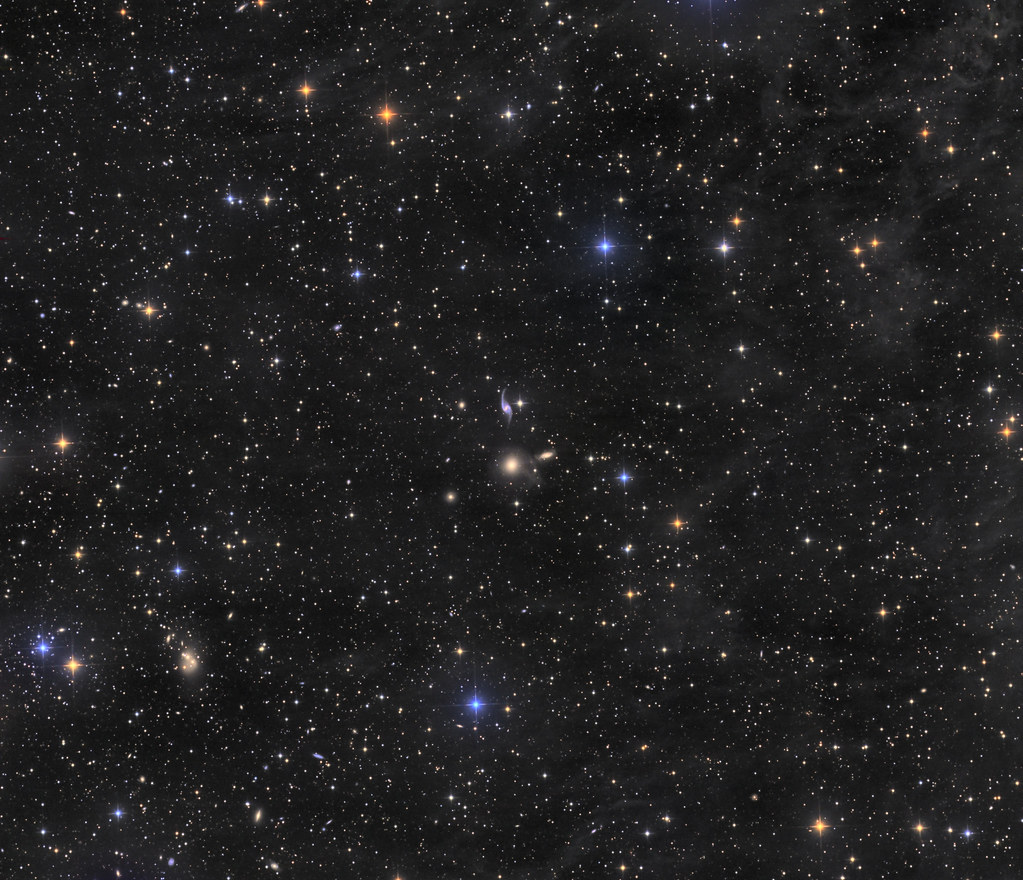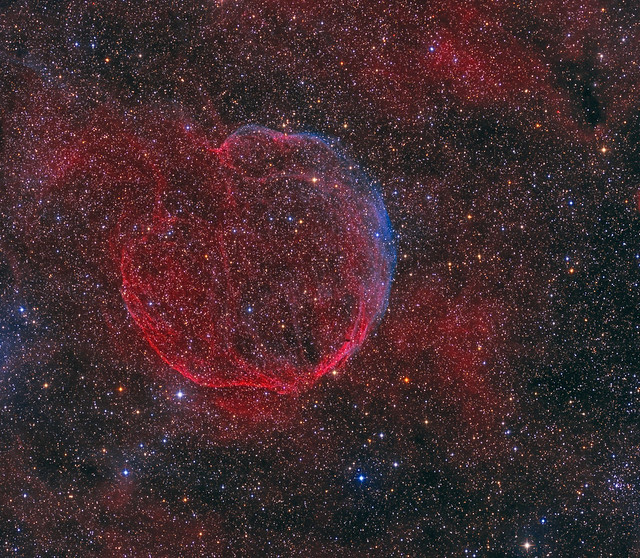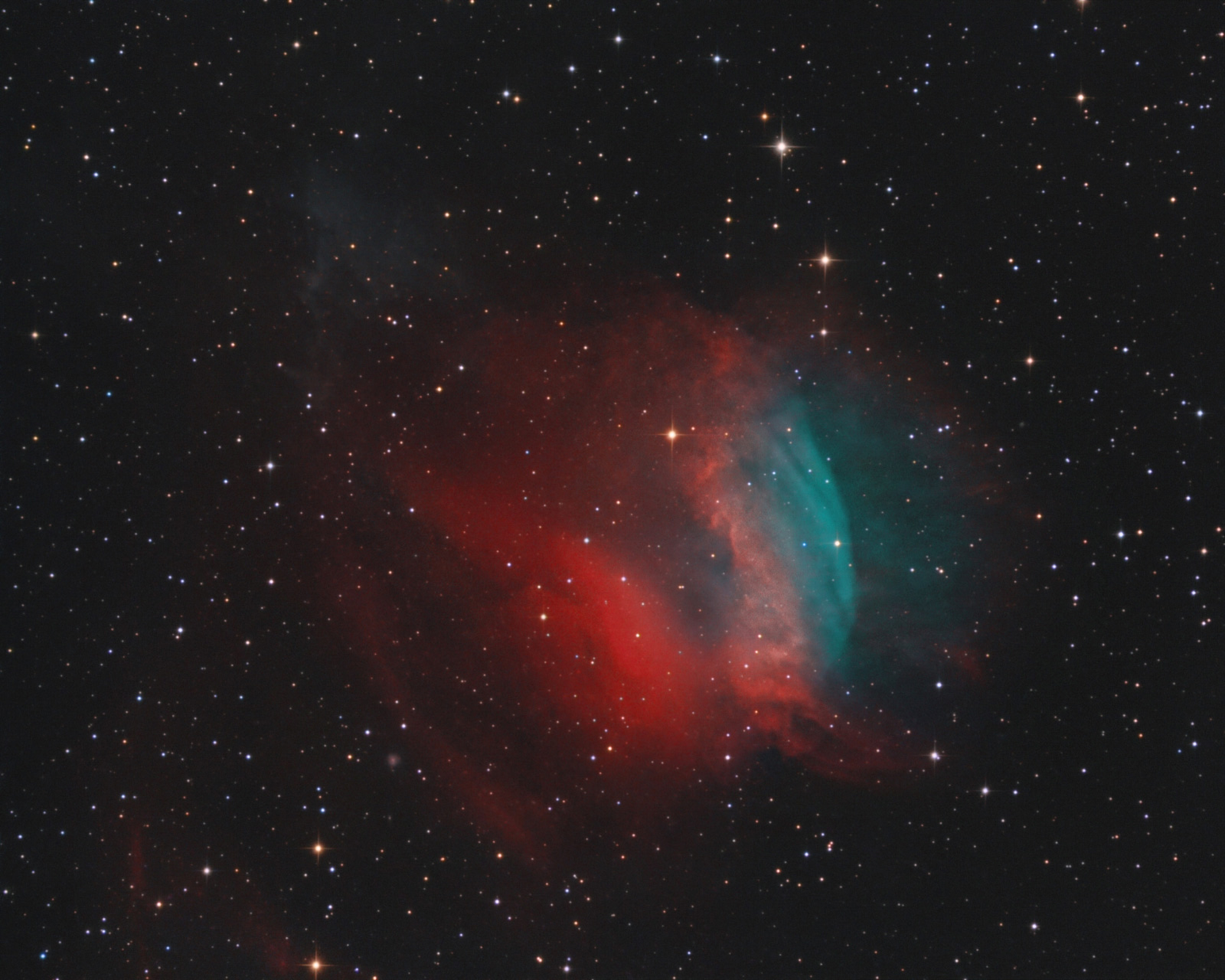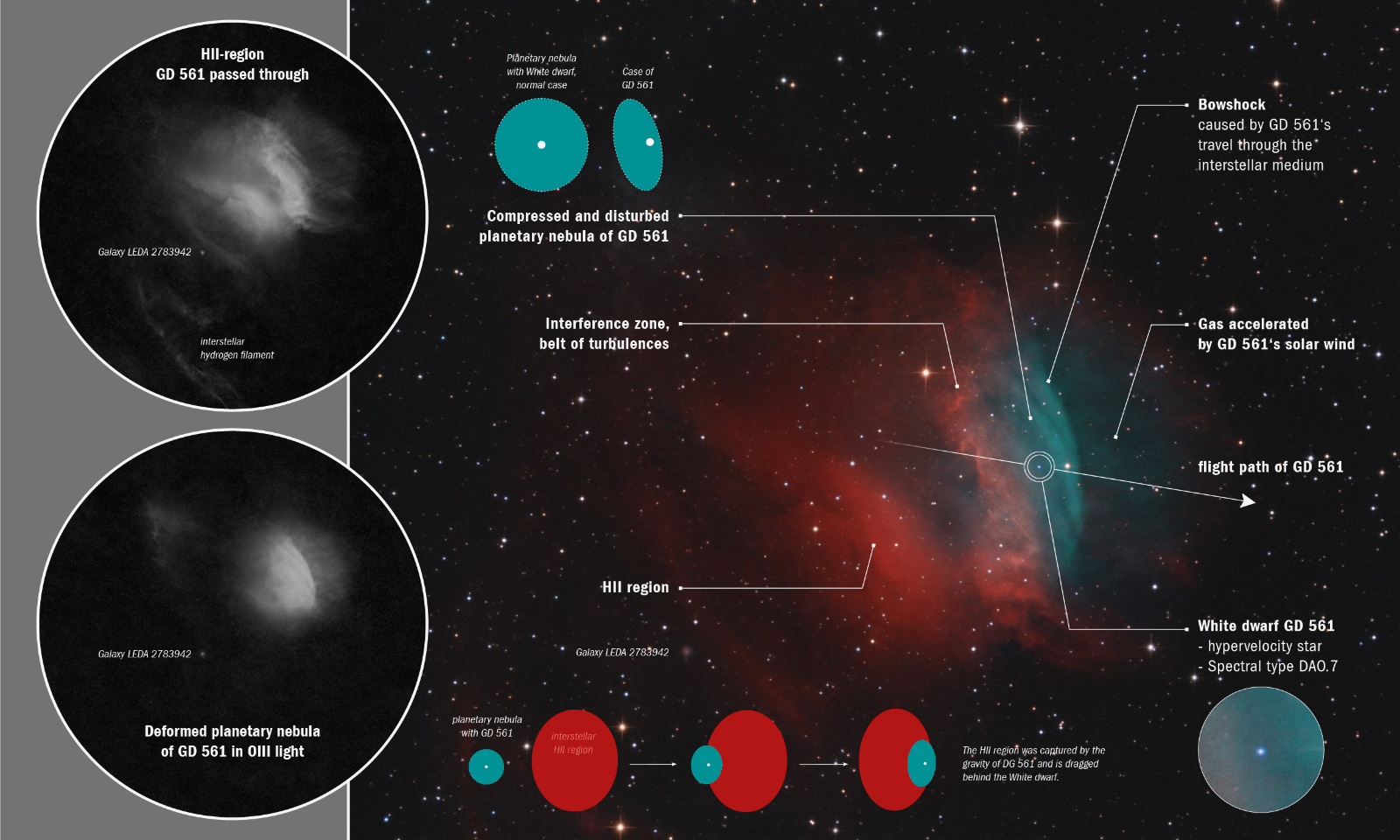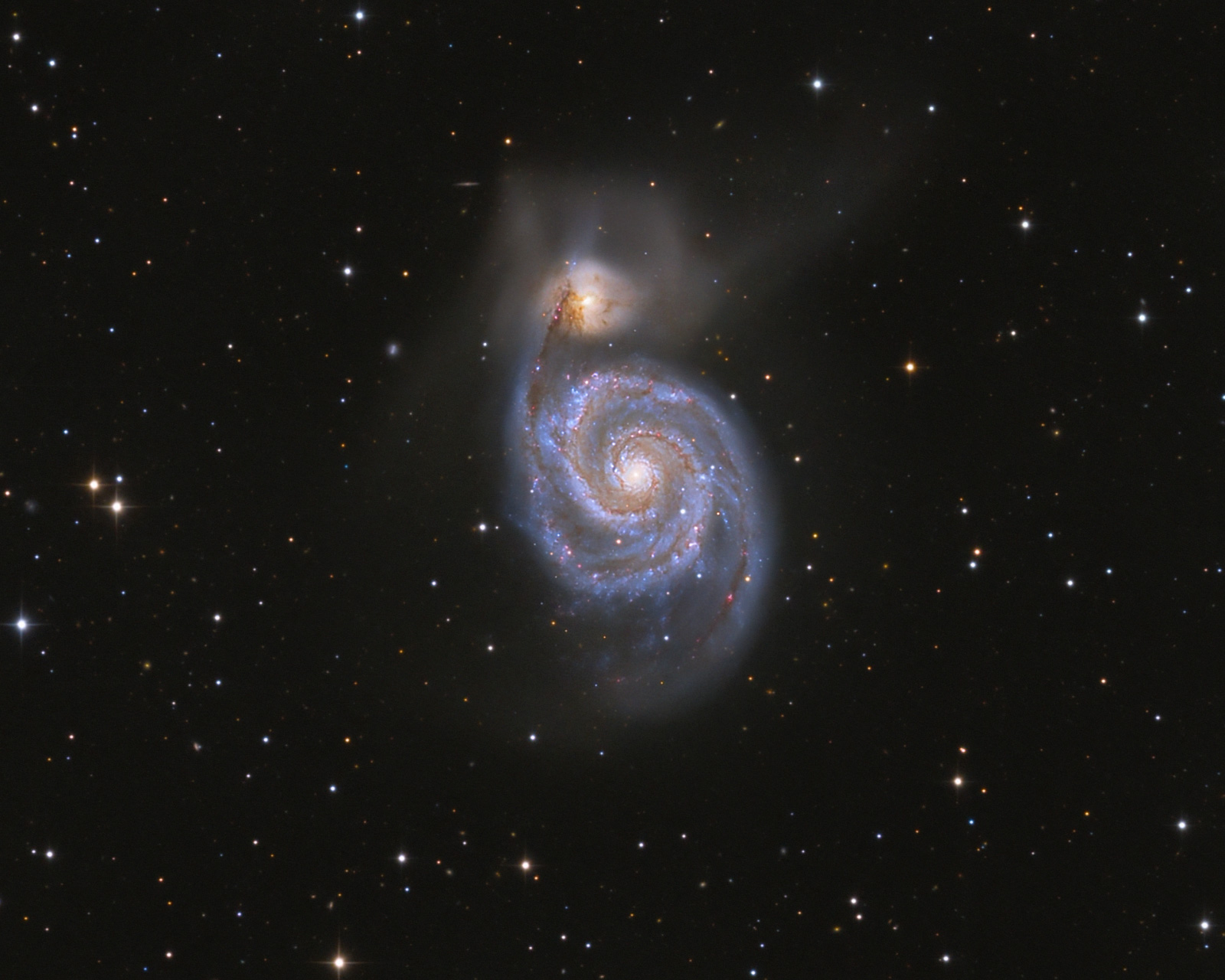Page 4 of 5
Re: Submissions: 2018 February
Posted: Sat Feb 17, 2018 12:08 pm
by Adrien Mauduit
February 15-16 solar storm over Senja, Norway
Credits:
Adrien Mauduit
www.adphotography-online.com
https://www.facebook.com/AdrienMauduitPhotography/
On the nights of the 15th and 16th of February 2018, an unbelievable solar activity sparked massive auroras and coronas over Senja island in Norway. The fjords got bathed in eerie green and purple light and the colors were well visible with the naked eye.
Sony a7rII and Canon 6D, Samyang 14mm f/2.8 and Sigma 14mm f/1.8
Re: Submissions: 2018 February
Posted: Sat Feb 17, 2018 9:18 pm
by Rothkko
crescent moon, 3,67% illuminated

- merida, spain. 2018-02-17, 19:52
Re: Submissions: 2018 February
Posted: Sun Feb 18, 2018 2:43 am
by masahiro miyasaka
Re: Submissions: 2018 February
Posted: Sun Feb 18, 2018 2:33 pm
by Andromeda 2013
Re: Submissions: 2018 February
Posted: Sun Feb 18, 2018 2:34 pm
by Andromeda 2013
Re: Submissions: 2018 February
Posted: Sun Feb 18, 2018 2:37 pm
by Andromeda 2013
The core of the Orion
https://www.flickr.com/photos/92681330@N06
Copyright: Daniel Pasternak
Re: Submissions: 2018 February
Posted: Sun Feb 18, 2018 4:37 pm
by Giskard
Nebuale in Orion
Mosaic of the Horsehead Nebula and the Great Orion Nebula, with a Canon 750D and an 80mm apo refractor.
Copyright: Alejandro Pertuz
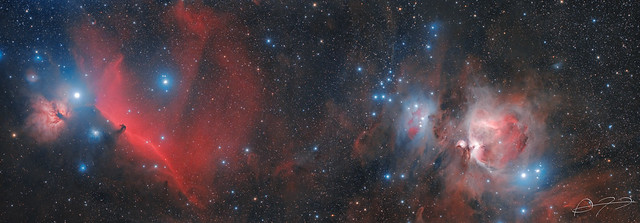 Nebulae in Orion
Nebulae in Orion by
Alejandro Pertuz
Re: Submissions: 2018 February
Posted: Sun Feb 18, 2018 10:27 pm
by paddygilliland
Re: Submissions: 2018 February
Posted: Sun Feb 18, 2018 11:22 pm
by Andrea Tosatto
Full Image Details:
https://www.andreatosatto.com/photo/mai ... pg.jpg.jpg
Direct Link Higher Resolution:
https://www.andreatosatto.com/photo/mai ... pg.jpg.jpg
Remotely acquired from AstroCamp - La Svolta - Manciano (GR) - Italy
Re: Submissions: 2018 February
Posted: Mon Feb 19, 2018 8:42 pm
by canopia
Venus Tour 2010
Venus in the evening sky, from March to September 2010.
Copyright: Tunç Tezel
http://www.twanight.org/newTWAN/photos.asp?ID=3003606
Re: Submissions: 2018 February
Posted: Tue Feb 20, 2018 6:22 am
by twoghouls
 sh2-240 / Simeis 147 / Spaghetti Nebula
sh2-240 / Simeis 147 / Spaghetti Nebula by
Nico Carver, on Flickr
Large supernova remnant between Taurus and Auriga. Captured with my Canon 200mm lens from my light polluted backyard. Made possible with narrowband filters and a sensitive camera (ASI1600MM-C). Thanks for looking!
Some new images from our SRO team
Posted: Tue Feb 20, 2018 11:15 am
by rickstevenson
Acquisition credit: Scott Johnson, Augusto Hernandez, John Kasianowicz, Daniele Malleo, Jose Mtanous and Rick Stevenson
Processing credit & copyright: Rick Stevenson
Web site:
http://rickstevenson.space
Hickson compact groups 93 and 94 with integrated flux nebula:
A couple of planetary nebulae, Heckathorn-Fesen-Gull 1 at lower left and Abell 6 at top right:
Supernova remnant CTB 1 in Cassiopeia:
Re: Submissions: 2018 February
Posted: Tue Feb 20, 2018 12:58 pm
by Josh Smith
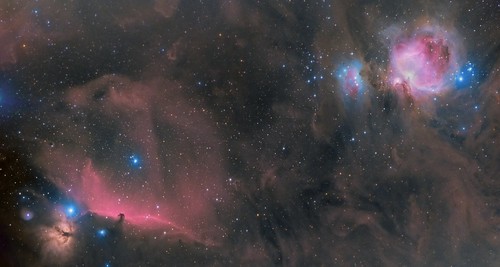 Orion Widefield
Orion Widefield by
Onejoshsmith, on Flickr
copyright: Josh Smith
Re: Submissions: 2018 February
Posted: Tue Feb 20, 2018 12:59 pm
by Josh Smith
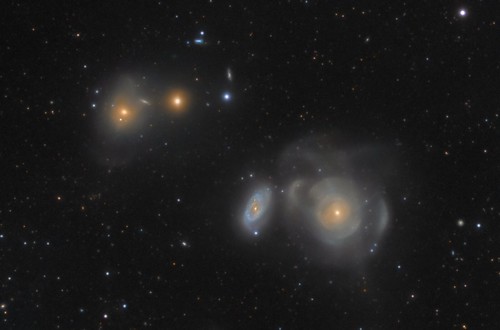 NGC 474
NGC 474 by
Onejoshsmith, on Flickr
copyright: Josh Smith processing Craig Smith Acquisition
Re: Submissions: 2018 February
Posted: Tue Feb 20, 2018 4:51 pm
by markh@tds.net
NGC 4410 Galaxy Group
Copyright: Mark Hanson
This rarely photographed region of Virgo contains a vast variety of galaxies. Near the centre is a relatively serene spiral galaxy pair that is collectively known as NGC 4411. Much more striking is the connected system of interacting galaxies to the north, which are collectively catalogued as NGC 4410. Much further in the distance are a few galaxy clusters, most notably Abell 1541 near the bottom left corner. Less apparent and more pervasive are hundreds of fuzzy dots in the background, these are all distant galaxies billions of light years away!
NGC 4410 is a group of interacting galaxies connected by tidal bridges and in addition to this also exhibits tidal tails and plumes. The whole menagerie of morphological features is due to the effect of gravitational interaction between the various galaxies due to their proximity to each other. This group in total contains 12 members and is located 316 million light years away and in the future is likely to merge into a single elliptical galaxy. Interestingly, NGC 4411 is only a visual pair with the galaxy on the left being 91 million light years away while the one on the right is closer with a distance of 49 million light years. Both are members of the Virgo Cluster.
Description thanks to Sakib Rasool
You can see a higher resolution image here:
https://www.hansonastronomy.com
Planewave 24" and 17", SBIG 16803, Planewave H200
LRGB, 1710,655,555,610 59 hours of total exposure
Thanks for looking,
Mark Hanson
Re: Submissions: 2018 February
Posted: Tue Feb 20, 2018 5:26 pm
by Rothkko
the sword and the satellites
Antes de realizar esta fotografía pensaba llamarla
líneas y puntos, siendo las líneas las estrellas de la espada de orión (ϴ1 y ϴ2 son las más brillantes envueltas en un halo rojizo, y Hatsia es la más brillante de la parte inferior) y los puntos dos satélites geoestacionarios. Pero tal y como se ve, uno en la parte superior (Amazonas 4A) y otro a la altura del final del recorrido de Hatsia (Star One C3), serían más bien
cometitas, o comas, porque también tienen su propio movimiento. Hay otros dos satélites en la misma traza de una estrella, cerca Star One C3, y que no aparecen en Stellarium 0.14.3, el programa utilizado ). Sí hay dos puntos en la parte central, probablemente píxeles quemados, que no aparecen en la fotografía de control, tomada 30 minutos antes.
google translate:
Before making this photograph I thought of calling it
lines and dots, with the lines being the stars of the orion sword (Θ1 and Θ2 are the brightest ones wrapped in a reddish halo, and Hatsia is the brightest of the bottom) and the points two geostationary satellites. But as you can see, one at the top (Amazonas 4A) and another at the other of the end of the Hatsia tour (Star One C3), would be small comets, or commas, because they also have their own movement. There are two other satellites in the same trace of a star, close Star One C3, and that do not appear in Stellarium 0.14.3, the program used). Yes there are two points in the central part, probably burned pixels, which do not appear in the control photograph, taken 30 minutes before.
equiv. 640mm, tv 304" av 5.6 iso 125, cropped 28% (visible 72%)

- merida, spain. 2018-02-20, 01:58
Re: Submissions: 2018 February
Posted: Tue Feb 20, 2018 5:34 pm
by Andromeda 2013
Cloud
https://www.flickr.com/photos/92681330@N06/
This cloud formed then disappeared over a few minutes.
Copyright: Daniel Pasternak
The Sword
Posted: Tue Feb 20, 2018 9:39 pm
by alcarreño
Copyrights: Raul Villaverde Fraile
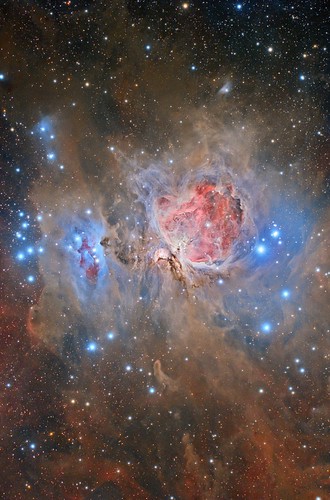 M42_2018
M42_2018 by
Raul Villaverde, en Flickr
Re: Submissions: 2018 February
Posted: Wed Feb 21, 2018 1:52 am
by sydney
Jones-Emberson 1 (PK 164+31.1) "Headphone Nebula"
Larger Images and info:
https://www.astrobin.com/334569/0/?nc=
Nick Pavelchak
Altamont, NY
IC2177 RGB+Halfa
Posted: Wed Feb 21, 2018 9:27 am
by alcarreño
Copyrights: Raul Villaverde Fraile
 IC2177_2018_RGB_Halfa
IC2177_2018_RGB_Halfa by
Raul Villaverde, en Flickr
Re: Submissions: 2018 February
Posted: Wed Feb 21, 2018 6:59 pm
by tango33
A few new images
For larger versions - please see :
http://www.pbase.com/tango33/new_images
Thanks for looking!
Kfir Simon
The neglected neighbour - NGC2023
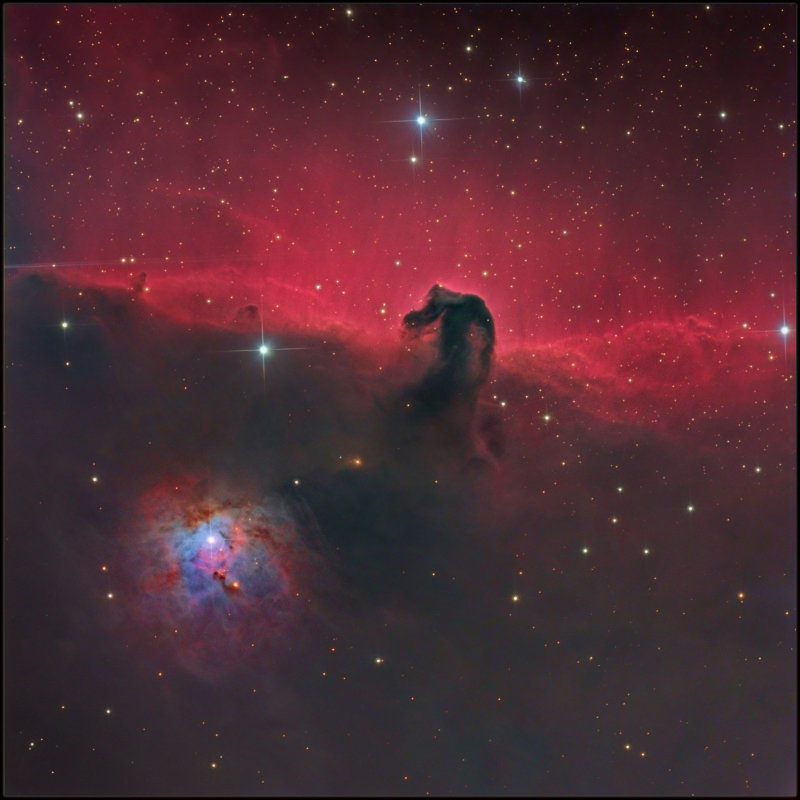
Nebulae turmoil in Gemini:
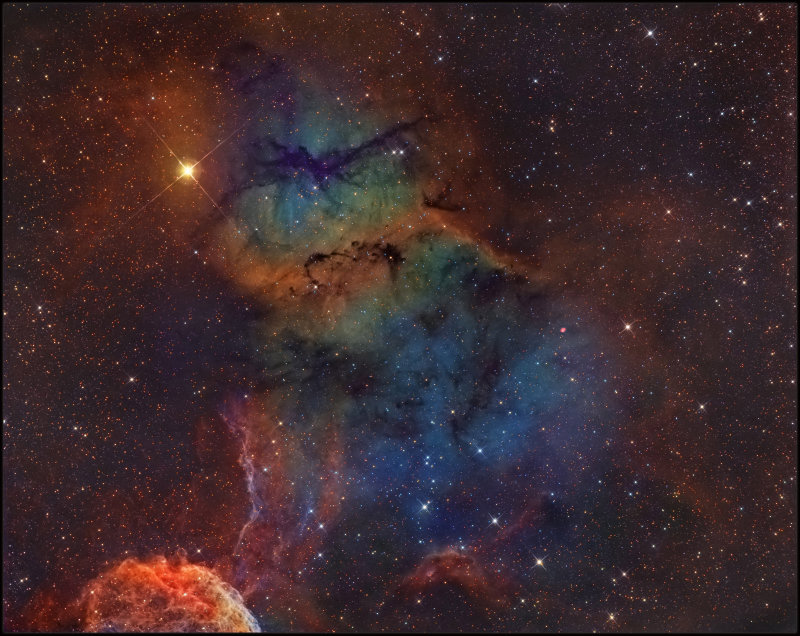
Lower's nebula:
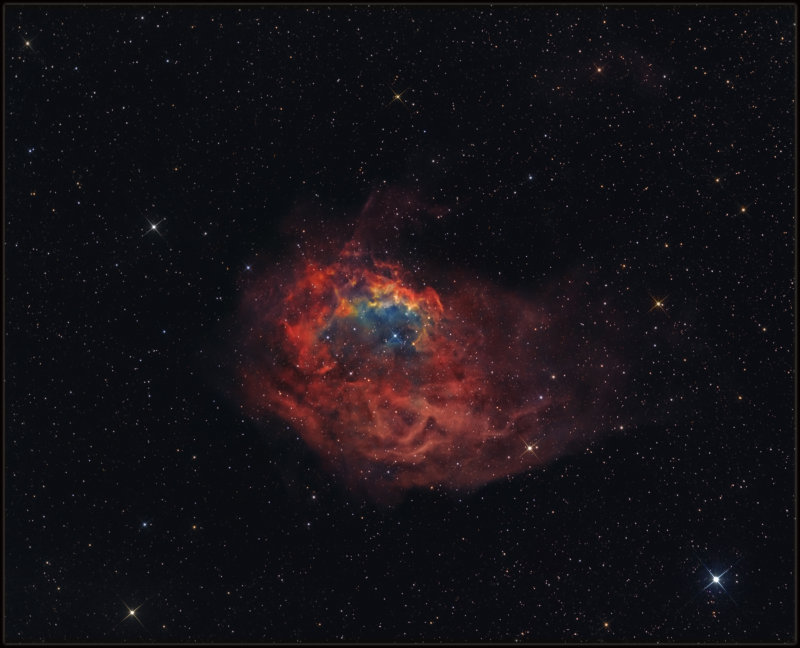
Sun Geysers....
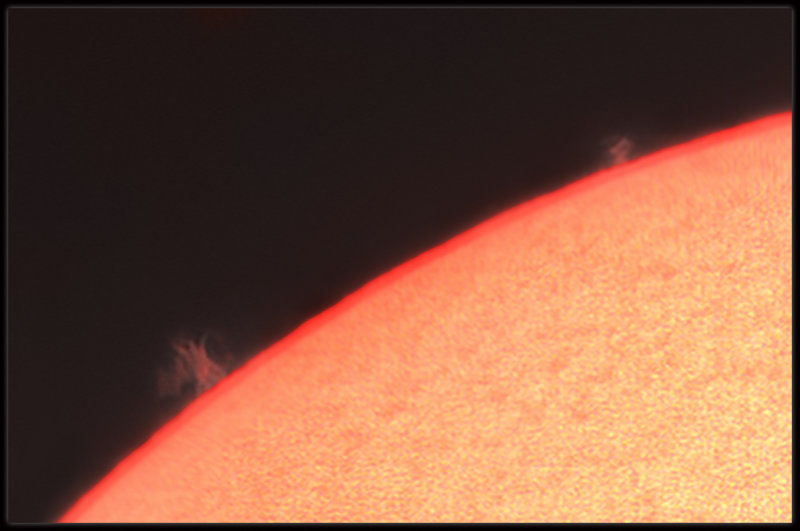
Messier 1 - natural color:
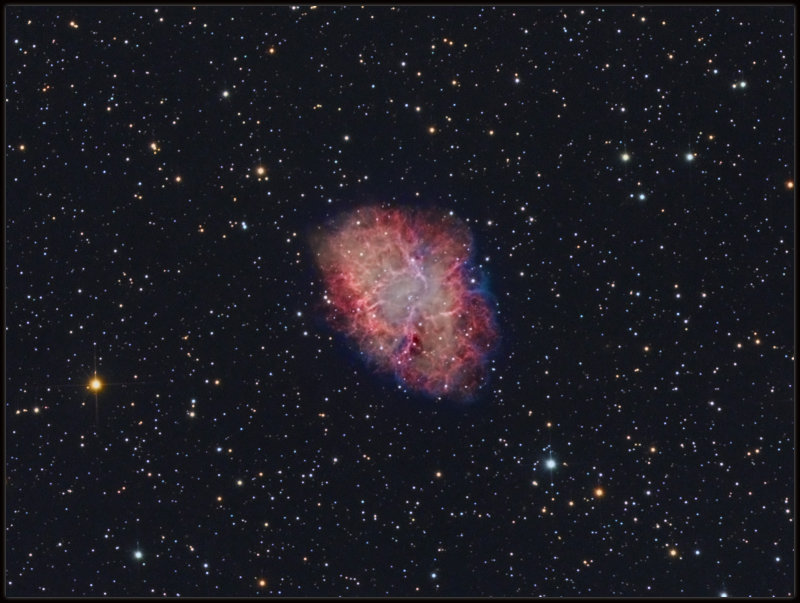
Messier 1 -Narrow band

M1 - comparisson:

Re: Submissions: 2018 February
Posted: Thu Feb 22, 2018 6:14 am
by jaspalchadha
Mel 15
Credit Jaspal Chadha, London UK
Re: Submissions: 2018 February
Posted: Thu Feb 22, 2018 6:16 am
by jaspalchadha
Carolines Rose
CREDIT Jaspal Chadha London UK
Re: Submissions: 2018 February
Posted: Thu Feb 22, 2018 10:32 am
by Jedi2014
Re: Submissions: 2018 February
Posted: Thu Feb 22, 2018 1:25 pm
by hectorbdn
Rosette Nebula HaRGB
 2nd_rosette_WEB
2nd_rosette_WEB by
Héctor BcN, on Flickr
16 x 600s Ha
19 x 300s RGB
